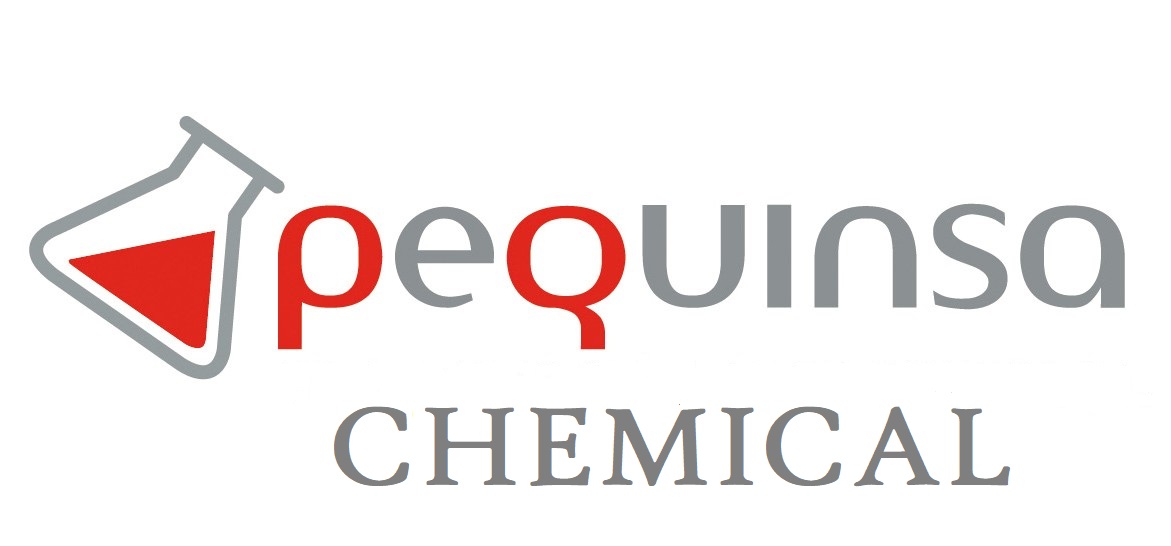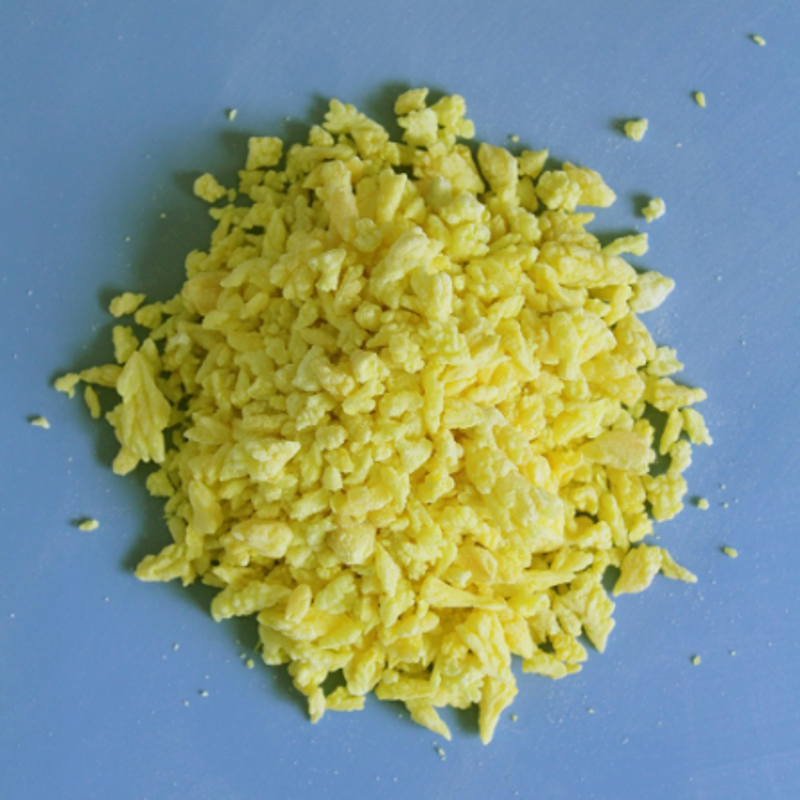-
Categories
-
Pharmaceutical Intermediates
-
Active Pharmaceutical Ingredients
-
Food Additives
- Industrial Coatings
- Agrochemicals
- Dyes and Pigments
- Surfactant
- Flavors and Fragrances
- Chemical Reagents
- Catalyst and Auxiliary
- Natural Products
- Inorganic Chemistry
-
Organic Chemistry
-
Biochemical Engineering
- Analytical Chemistry
-
Cosmetic Ingredient
- Water Treatment Chemical
-
Pharmaceutical Intermediates
Promotion
ECHEMI Mall
Wholesale
Weekly Price
Exhibition
News
-
Trade Service
Ulcerative colitis and Crohn's disease are the most common forms of inflammatory bowel disease (IBD) in humans.
the exact cause is still unknown, the development of IBD is widely believed to be the result of a combination of genetic and environmental factors.
, induced by sodium sulphate (DSS), has been very effective in exploring the pathogenesis and treatment of human IBD.
, however, it is not clear what factors are excessively active in the NLRP3 inflammatory body in the colon tissue that induces the response.
October 21, 2020, Zhang Qingxuan of Yanbian University, Wu Yuzhang of the Army Military Medical University, Chen Yongwen and Huang Jian, Chongqing Emergency Medical Center/Chongqing University Affiliated Center Hospital (Yanbian University is the first unit), published online on Science with the title "CD1d1 intrinsic Signaling" In a study paper by in macrophages controls NLRP3 inflammasome expression whenitis, the study found that CD1d1 deficiency or CD1d1 specific missing mice in macrophages (LymCD1d1-/-) were resistant to DSS-induced acute colitis.
this protective effect is due to the biosynthetic composition of the colon of NLRP3 and the increase of inflammatory substrates IL-1 beta and IL-18.
further studies have shown that iGb3 occupancy CD1d1 causes intracellular Ser330 dephosphate, resulting in reduced signal cascading through AKT-STAT1-peroxidase 1 (PRDX1)-nuclei-B (NF-B), which ultimately lowers the expression of the Nlrp3, Il1b, and Il18 genes in macrophages.
, the balance of CD1d1 in macrophages seems to determine the severity of DSS-mediated colitis in mice.
findings suggest new intervention strategies for treating IBD and other inflammatory diseases.
ulcerative colitis and Crohn's disease are the most common forms of inflammatory bowel disease (IBD) in humans.
the exact cause is still unknown, the development of IBD is widely believed to be the result of a combination of genetic and environmental factors.
Experimental colitis models were established by oral sodium sulphate (DSS) in animals to induce human IBD-like clinical syndrome, which is manifested in mucoprotein depletion, endosperm degeneration, apoptosis, and intestinal microbiota disorders.
in mice induced by DSS has been very effective in exploring the pathogenesis and treatment of human IBD.
mouse CD1d1 belongs to CD1d supersysor proteins by sharing structural and functional ogenosity with the main tissue compatible complex (MHC) molecules.
CD1d1 specifically activates a group of unconventional T cells called natural killer T (NKT) by presenting antigen-resistant autolipids or certain glycolipids derived from pathogenic bacteria, symboxes, and fungi.
The functional study of CD1d1 in the pathogenesis of DSS-mediated colitis has produced controversial results, with one study showing no difference in the development of DSS colitis in mice, while other reports suggest that CD1d1-/- mice are the pathogenesis of DSS colitis.
the basis of this difference is not clear, it appears that cd1d1's expression on different cell types may have multiple biological functions in controlling the progression of acute colitis.
NLRP3 (with 3 NLR families) inflammatory small body is a multi-protein complex that contains NLRP3, caspase-1, and the bridging submole molecule ASC.
once activated, the inflammatory small body triggers sleep procaspase-1 protein hydrolysis cutting into active caspase-1 by catalytic preludes proIL-1 beta and proIL-18, respectively, into active IL-1 beta and IL-18.
NLRP3 disorder is usually associated with the exacerbation of inflammatory diseases, including IBD.
, for example, single nucleotide polymorphisms in the NLRP3 gene are associated with susceptivity to ulcerative colitis.
, however, it is not clear what factors are excessively active in the NLRP3 inflammatory body in the colon tissue that induces the response.
shown here that mice with CD1d1 deficiency or CD1d1 specific deficiency in macrophages (LymCD1d1-/-) were resistant to DSS-induced acute colitis.
this protective effect is due to the biosynthetic composition of the colon of NLRP3 and the increase of inflammatory substrates IL-1 beta and IL-18.
further studies have shown that iGb3 occupancy CD1d1 causes intracellular Ser330 dephosphate, resulting in reduced signal cascading through AKT-STAT1-peroxidase 1 (PRDX1)-nuclei-B (NF-B), which ultimately lowers the expression of the Nlrp3, Il1b, and Il18 genes in macrophages.
, the balance of CD1d1 in macrophages seems to determine the severity of DSS-mediated colitis in mice.
findings suggest new intervention strategies for treating IBD and other inflammatory diseases.
.







